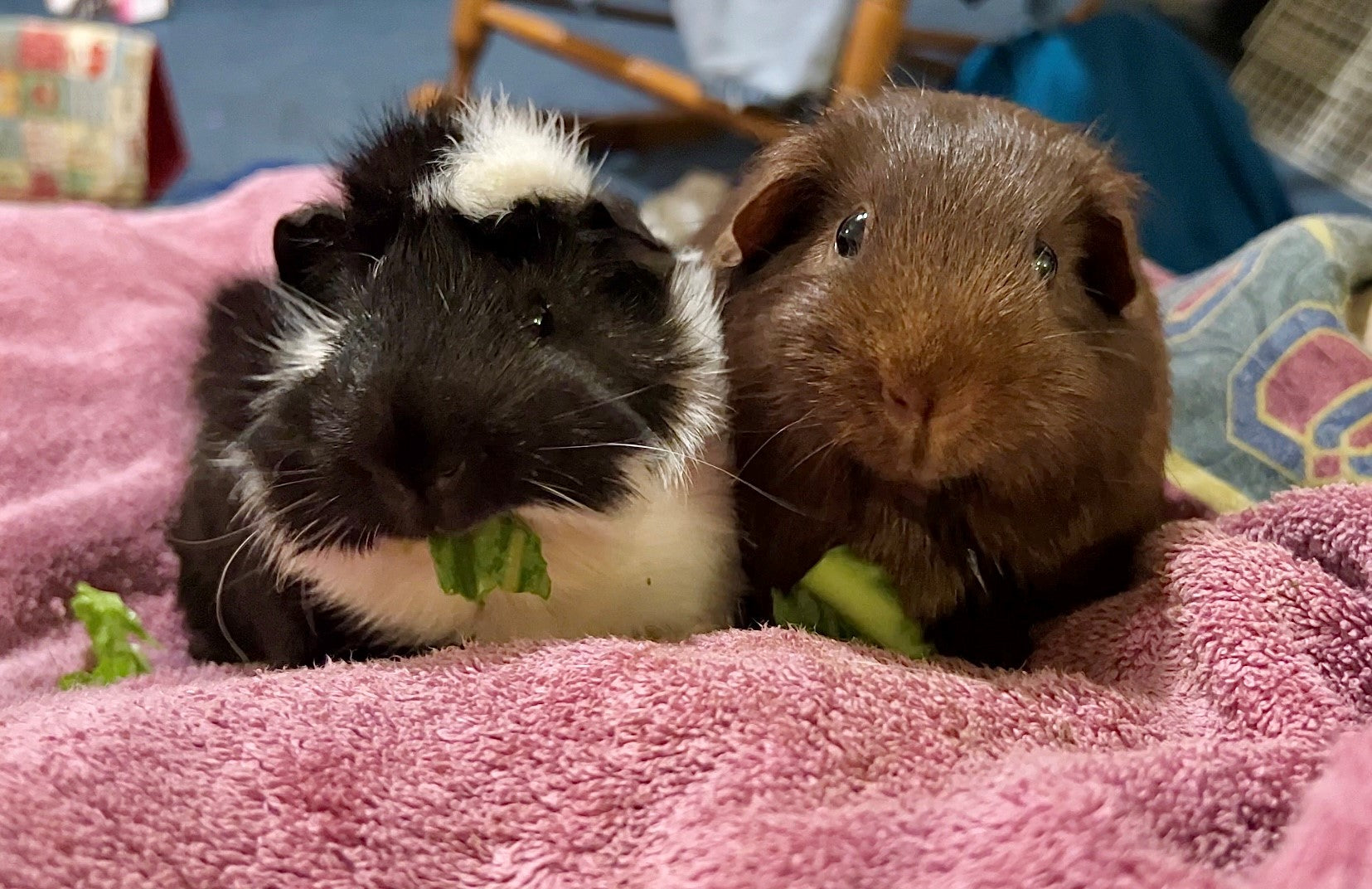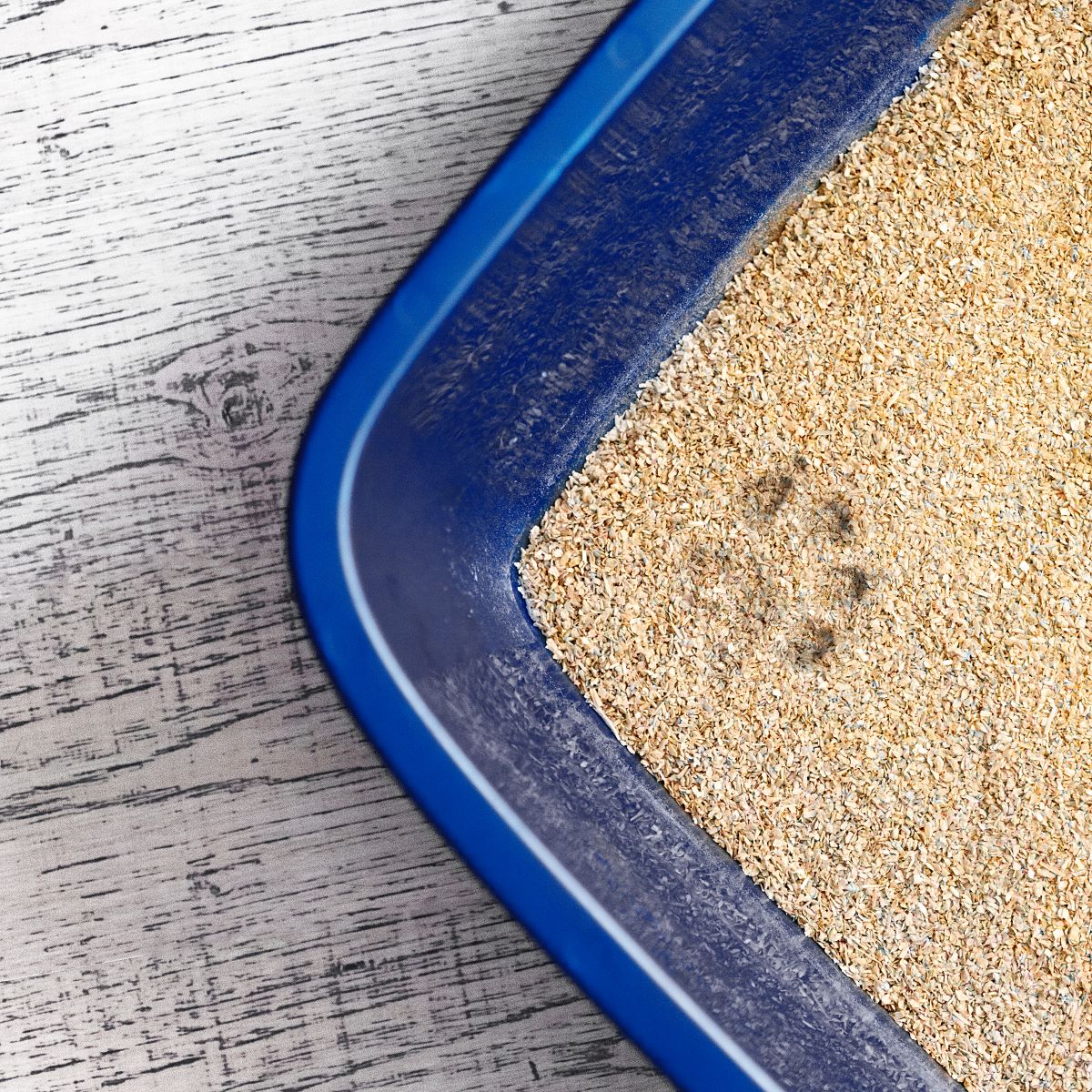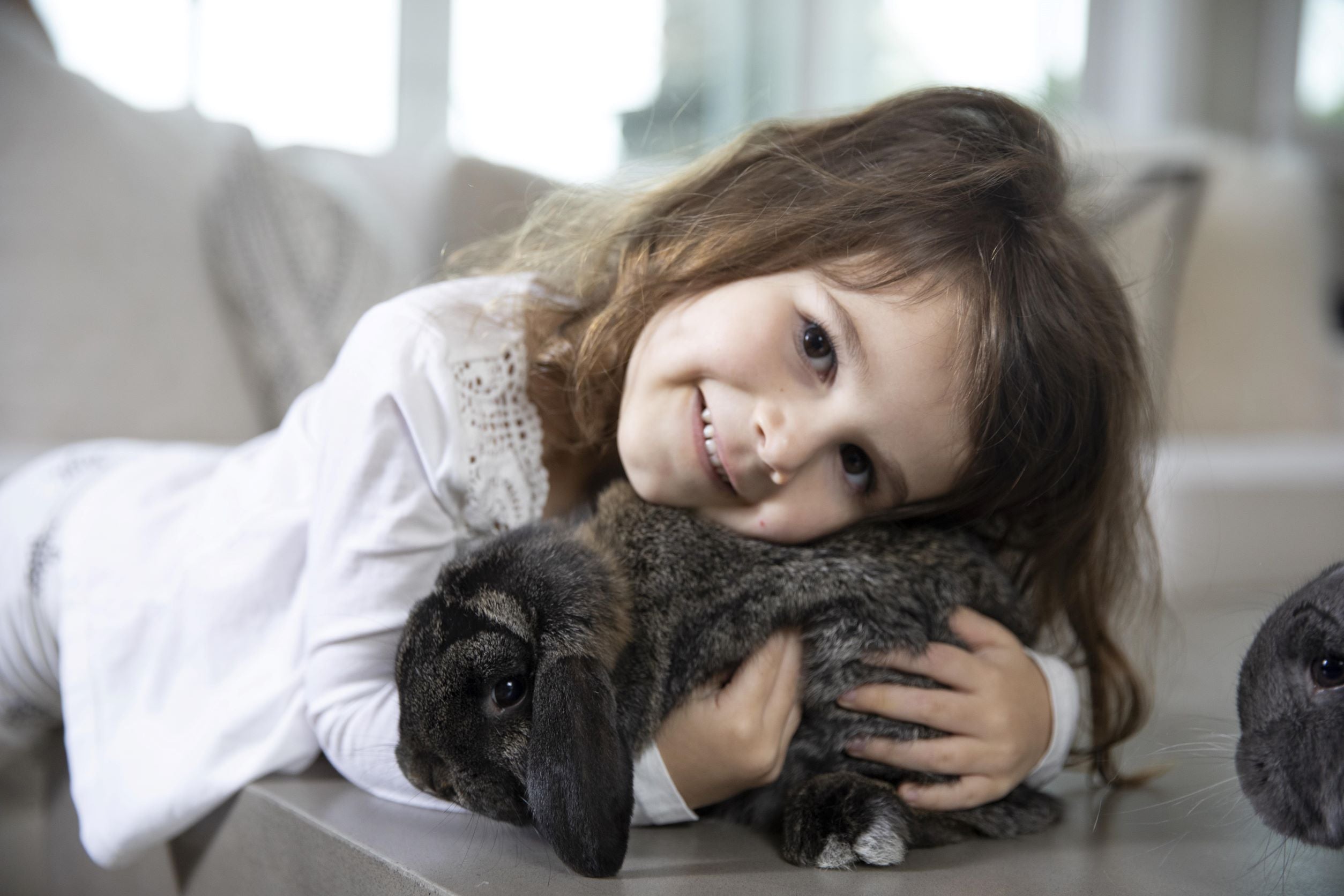
Interesting History Facts About Guinea Pigs and What You Should Know Before Adopting
March is here and it’s “Adopt a Guinea Pig” month! These furry, vocal, and docile little guys can make a great pet!
In this blog we’ll review some interesting history of guinea pigs and some basic information on the many advantages of adopting from a guinea pig rescue besides just giving a needy guinea pig a forever loving home.
In future blogs, we will discuss topics like; guinea pigs’ many vocalizations and what they mean, guinea pig behavior (including signs your guinea pig might be sick), some anatomy facts included things like, “How well do they hear, see, smell?” and so on, the different breeds, proper cage size, time out of cage (floor time), why I choose to use carefresh bedding exclusively over the last 7 years, and proper everyday care including diet.
Read this review from Pet Keen
GUINEA PIG OR CAVY HISTORY
Early history can trace evidence of guinea pigs all the way back to 9000 BCE! And the first signs of domestication still go as far back as 2000 BCE! (The accepted date period of domestication is not agreed upon by all- but is generally accepted that it was in that general time period) But you still have to go way back to the early 1500’s when it was believed that Spanish conquistadors brought them to Europe from their native South America to primarily be used as pets at that time. They were introduced to North America in the early 1800’s. They were also popular pets among the wealthy and members of Royalty. In fact, Queen Elizabeth I is reported to be one of the earliest fans of guinea pigs way back in the late 1500’s!
They aren’t from the country of Guinea and they aren’t pigs, so where does their name come from? First, in a lot of the world guinea pigs are referred to as cavies (cavy) which is taken from their proper Latin name “Cavia porcellus”.
One very common theory on the word “guinea” comes from the fact that they may have been sold for a “guinea”, an English gold coin. But the coin wasn’t created until the 1600’s and documentation of the word “guinea” being used to describe them goes back to the 1500’s. So why “guinea”? Well, that’s a good question. There are many theories, none of which are confirmed. So then, let’s look at the word “pig” used for them. This is also a mystery but the general consensus is it has to do with the grunting noises they make that can resemble some noises an actual pig makes.
What a rich and mysterious history these little critters have!
INTERESTING GUINEA PIG HISTORY FACTS
The first accepted evidence of a guinea pig shown in art dates all the way back to 1580 in a portrait of three Elizabethan children with the middle one holding her pet guinea pig!

Many well-known people have had guinea pigs as children or adults. I’ll highlight a couple of them.
In this 1972 photo, the future Princess Diana is seen with her guinea pig, “Peanut”.

Deborah Harry, the lead singer from Blondie, a favorite band of mine growing up, is seen here with her Peruvian guinea pig.

And in New Zealand, a police department named Elliot an official Constable. Elliot was a guinea pig! He was used to bring attention to driving safety including proper speed in school zones. He was outfitted with his own uniform! Elliot had become a bit of a celebrity in New Zealand.

SHOULD YOU HAVE MORE THAN ONE? DOES SWEDEN REALLY HAVE A LAW MAKING OWNING JUST ONE GUINEA PIG AGAINST THE LAW?
The answer is yes and yes. Guinea pigs are very social animals and are absolutely most mentally healthy with at least one other guinea pig. In 2008 Sweden enacted law stating animals classified as “social creatures” , of which guinea pigs are classified as “social creatures” in their law, must be given “adequate social contact with animals of the same species”! So yes, it is against the law to have just one guinea pig (among other species classified in the law)! So unless there are some very unusual circumstances, someone considering getting “a” guinea pig should count on at least a pair.
WHY ADOPT?
In addition to the obvious reason “they need a home” there are lots of other advantages. Most rescues specific to guinea pigs will only adopt in pairs unless you need a companion for your current solitary guinea pig.
Rescues do a health exam and usually will have incoming pigs spayed or neutered (usually soon after arrival or when one is healthy enough to undergo a surgical procedure, or at a proper age) and that helps control one of the main reasons guinea pigs end up in rescues- unwanted babies.
Rescues will also be happy to discuss any aspect of guinea pig care and behavior. A pet store associate, unless an experienced guinea pig owner, will only know the bare minimum basics learned during training.
Bonding is crucial. Guinea pigs have a hierarchy and when adopting from a rescue, the two (or more) guinea pigs will have already been bonded and ready for their new home. If you are getting just one as a companion for your solitary one (perhaps recently lost a mate), the rescue will usually have you bring in your guinea pig to be introduced to a prospective companion and start the bonding process to see if the two appear that they should be a good match.
A common misconception is that two boys can’t live together. However, as long as there isn’t a female in with them (in which case neutering would be recommended even if female has been spayed), most boys will successfully bond. In fact, over the last 7 years, I’ve only had boys in pairs.
While my future blogs will dive into important topics, including the most basic things to know for now, if you are considering adopting guinea pigs, but if you can’t wait, it’s very important to remember:
- Be prepared for a 5-8 year commitment which includes proper medical care expenses.
- If you are adopting as pets for a child (children), their time with the guinea pigs should be supervised and perhaps most importantly, you need to be ready to give appropriate care if the child gets “tired” of the guinea pig.
There are many good websites for guinea pig care information, but I recommend using a guinea pig specific rescue’s website. In fact, most rescues are happy to receive messages or phone calls to help with questions related to care.
So when you adopt from a rescue, you aren’t just giving homeless cuties a home, but you are getting pets that were prescreened, and treated if necessary, for health problems. You get to know the history of the guinea pig including how well it adapted to the new environment of the rescue and how easily bonding occurred. You’ll know any behavior “quirks” and possible recommendations on any special care prior to choosing. And perhaps most importantly, a place to go for information or questions after the adoption.
Of course other places, like your local Humane Society, are also good places to adopt, but keep in mind that often you won’t know anything about the guinea pig except a reason given to the shelter for surrender.
Guest Post by Craig N. - long time Guinea Pig parent, currently of Bentley and Cosmo (pictured above), and they invite you to follow their antics @ https://www.facebook.com/briochepig
Until next time….
Learn more about Guinea Pigs here














 email us
email us